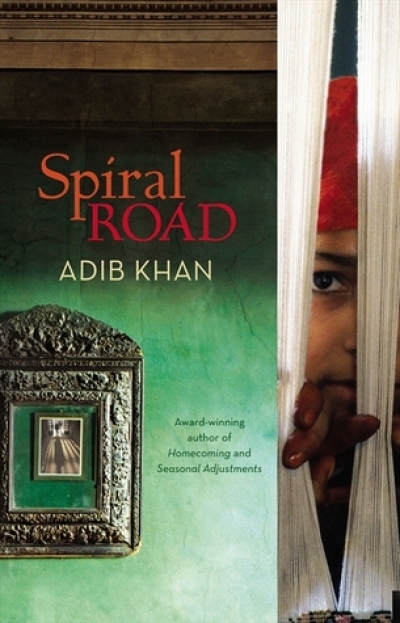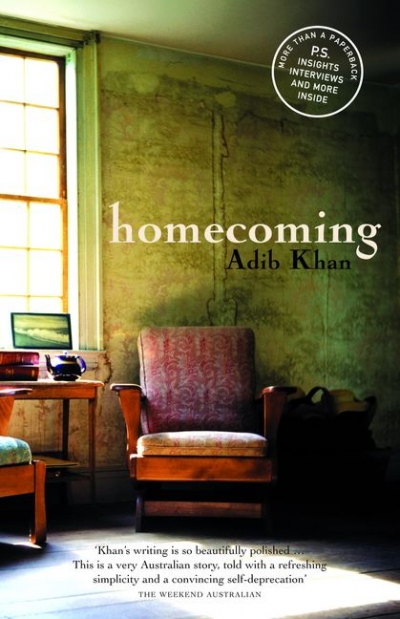Adib Khan
Quite a few years ago, when the future was far more important than the days gone by and the past hadn’t acquired that elusively seductive voice to beckon me with the urgency that it does now, I tended to be rather flippant about the notions of ‘home’ and ‘homeland’. ‘Home’ simply meant where I was at any given time. To an extent such a shallow definition can be attributed to my early experiences of travel and the consequences of the constantly changing landscape which confronted a young backpacker who didn’t feel the necessity of a cultural anchor. I simply moved from one country to another, with the restless compulsion of the Wandering Jew, to satiate a curiosity sparked off by a trip to the exotic wilderness of the Khyber Pass when I was a child.
... (read more)

